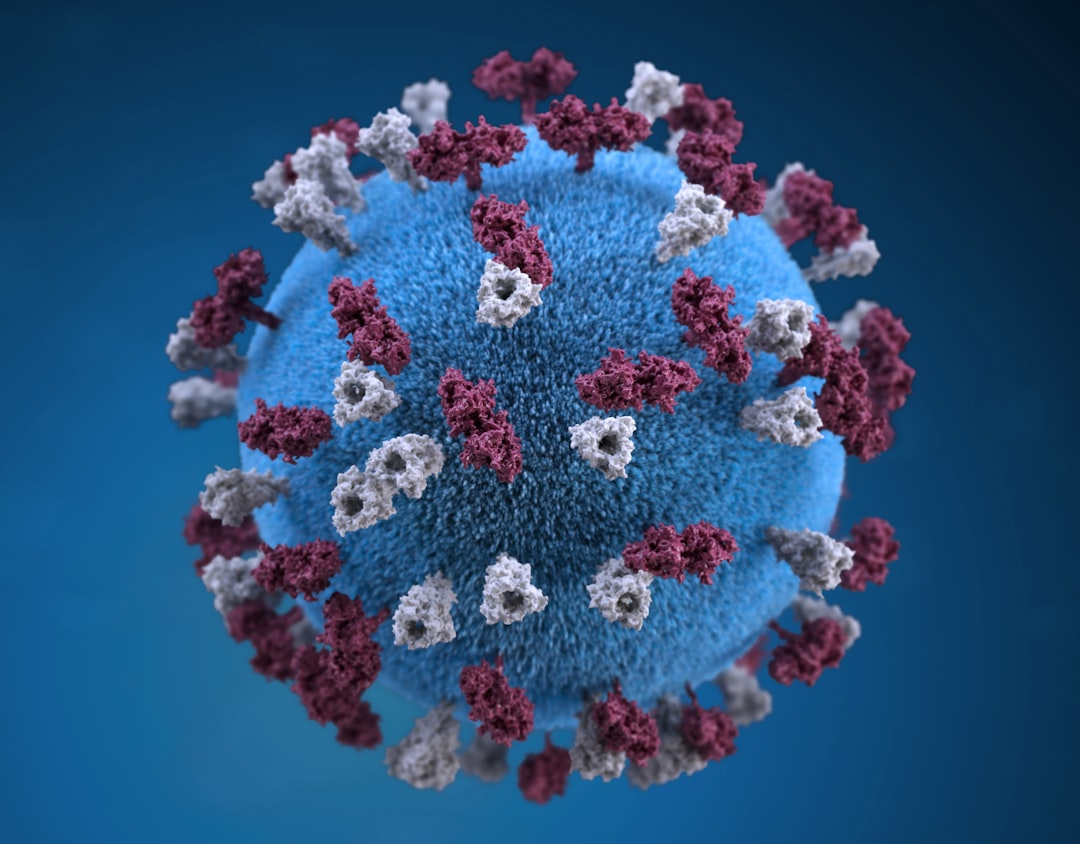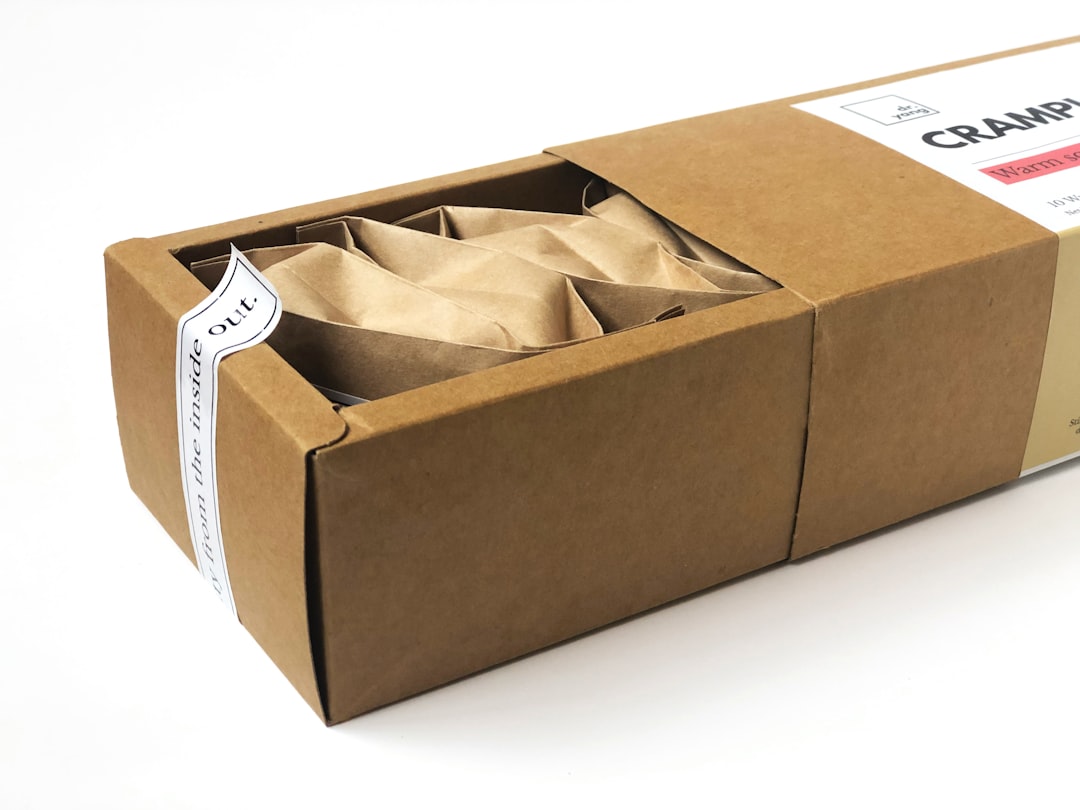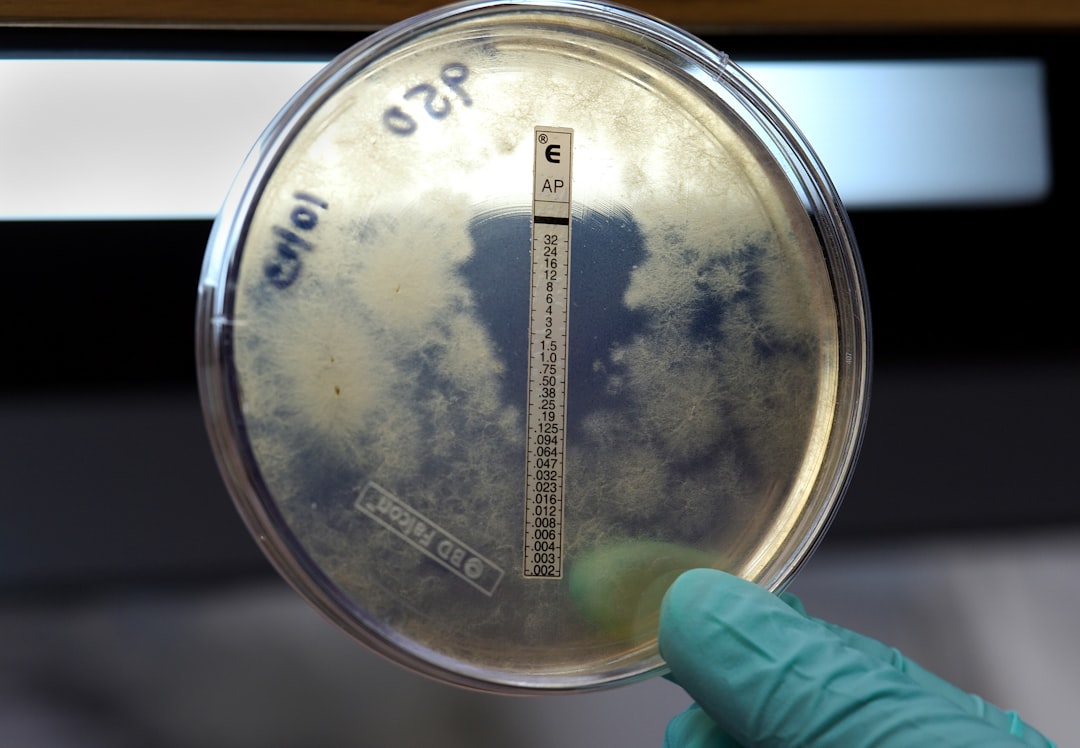What is it about?
COVID-19 is spreading worldwide. The most important point for mortality reduction is to stop the process of the disease worsening. To this end, we propose a concept of neutrophil therapy in which neutrophil activity is inhibited through blocking extravasation of these cells by treatment with antagonists to CXCR2, the most important chemokine receptor for IL-8. Timing of neutrophil manipulation seems critical for successful treatment.
Featured Image

Photo by Glen Carrie on Unsplash
Why is it important?
The severity of COVID-19 is caused by imbalance between inflammatory and immune responses, and the predominance of inflammation is critical for disease worsening. Since neutrophils are the main effector cells in this response, suppression of their activity is important in the prevention of the disease severity. However, intervention at the very early stage of COVID-19 may impair the defensive host response to SARS-CoV-2 infection in which neutrophils play a major role; in contrast, intervention at too late stage may not cancel the tissue destructive functions of already fully activated neutrophils. In this sense, the search for the timing of appearance of primed and not fully activated neutrophils in the course of the disease is essential for neutrophil therapy.
Perspectives
Our proposal just shows a rationale for alteration of neutrophil functions as a target for immunomodulatory inhibition of severe COVID-19. To successfully accomplish the trial, it is required to find the suitable conditions of COVID-19 patients for neutrophil therapy to reduce the number of patients dying from the severe disease. Establishment of easy methods for clinical examinations to select patients for neutrophil therapy is an essential entry point. A large number of previous omics analyses on neutrophils in COVID-19 patients may tell us conditions of these cells required for neutrophil therapy.
FUJORO SENDO
Read the Original
This page is a summary of: Targeting of neutrophil activation in the early phase of the disease for prevention of Coronavirus disease‐19 severity, Microbiology and Immunology, April 2022, Wiley,
DOI: 10.1111/1348-0421.12978.
You can read the full text:
Contributors
The following have contributed to this page










